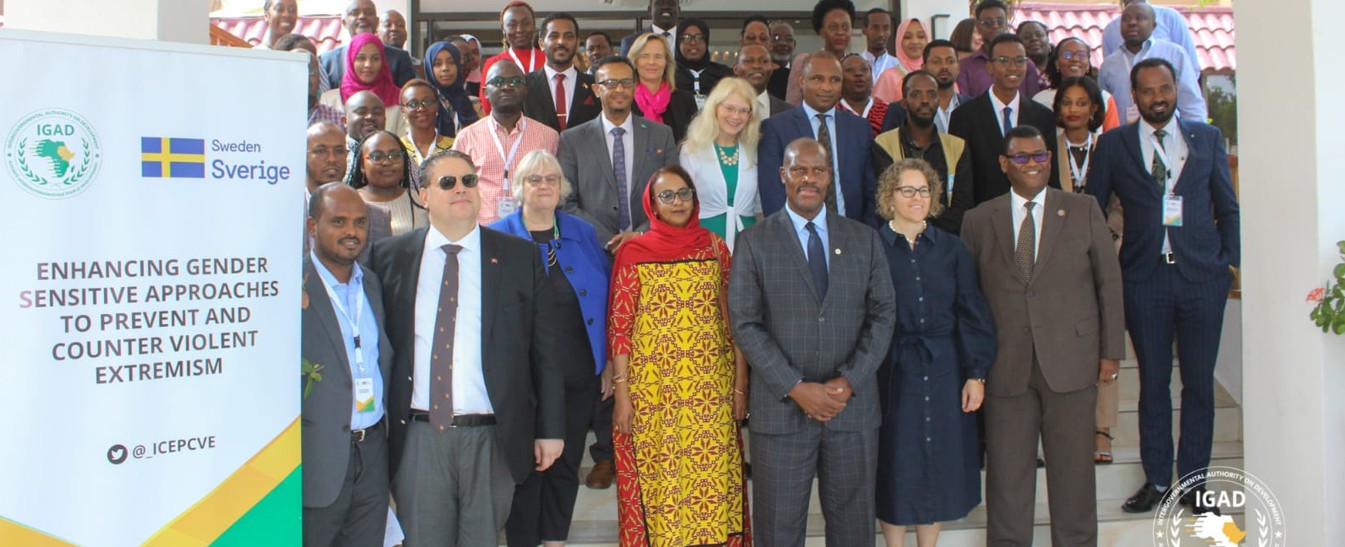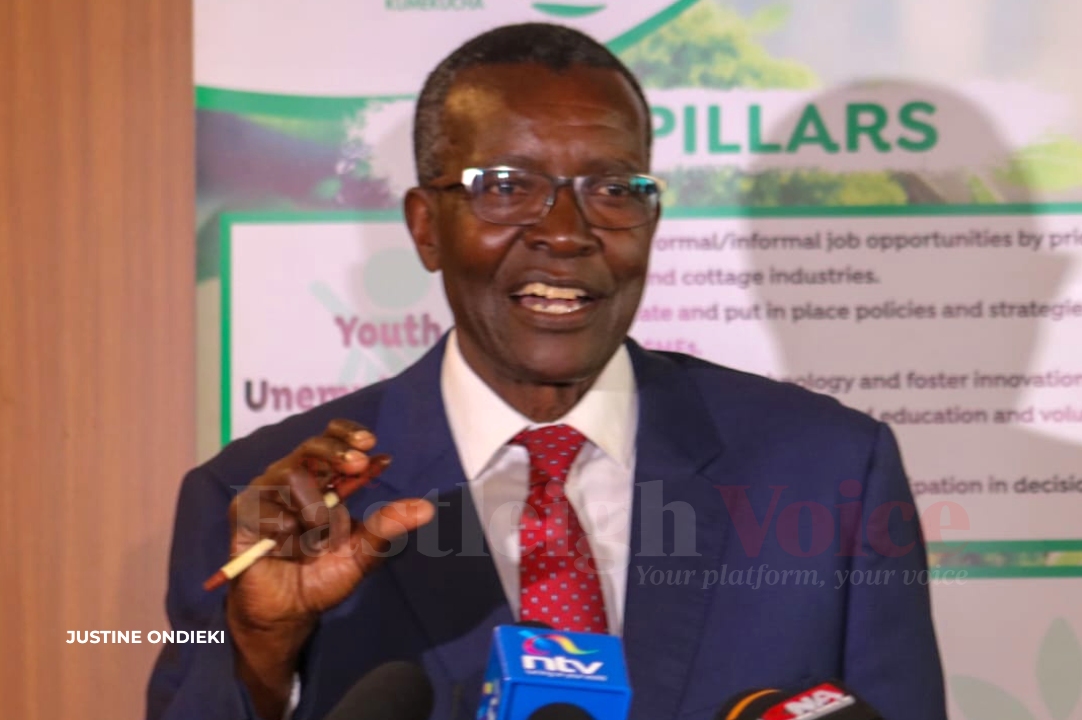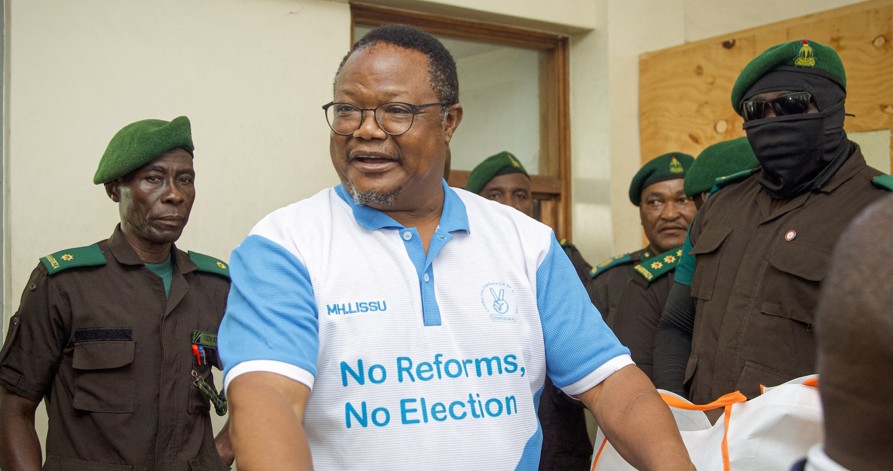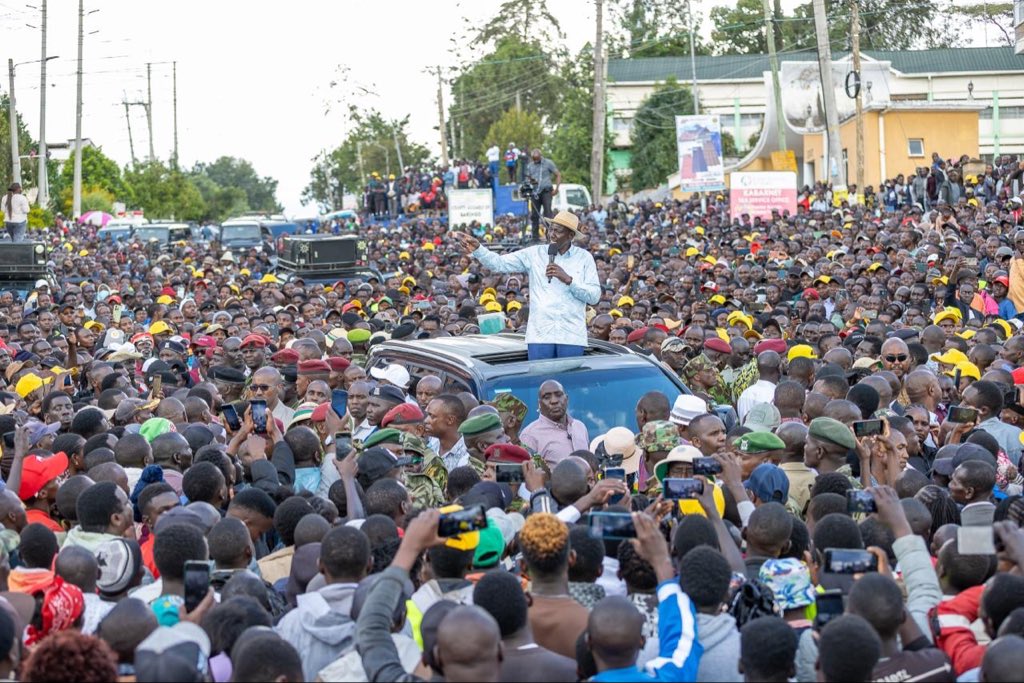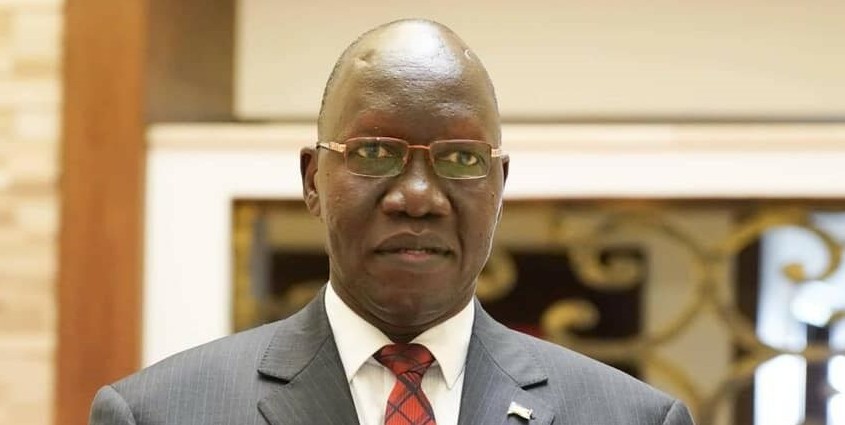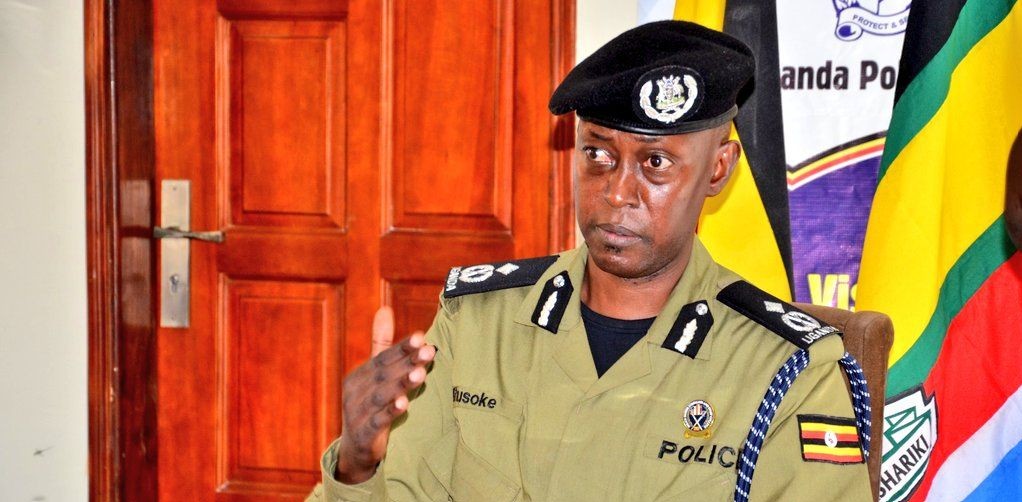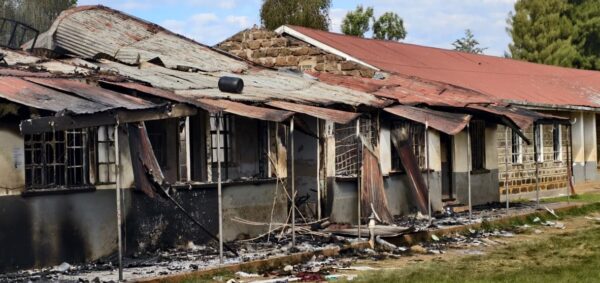KNEC opens 2025 KCSE registration amid court ruling suspending July exams

Schools and examination centres must log into the KNEC registration portal using their credentials to submit candidates’ details.
Candidates wishing to sit the 2025 Kenya Certificate of Secondary Education (KCSE) examination have until March 28, 2025, to complete their registration.
According to the Kenya National Examinations Council (KNEC), the process, which commenced on February 17, will be conducted strictly online.
More To Read
- Ministry of Education addresses missing exam papers in KJSEA rollout
- University student charged over fake 2025 KCSE exam leak claims
- PSC, KNEC roll out digital checks to tackle fake certificates in civil service
- KNEC enforces strict rules to safeguard 2025 national exams
- KNEC reinforces anti-malpractice rules as millions of learners to sit 2025 exams
- Education ministry warns against exam cheating as KNEC flags Telegram leaks
Schools and examination centres must log into the KNEC registration portal using their credentials to submit candidates’ details.
This comes despite the High Court’s decision to suspend the July KCSE series following a legal challenge against its implementation.
The July examination was intended for repeat candidates seeking to improve their grades, with full repeaters sitting at least seven subjects and partial repeaters taking fewer.
However, the court halted the process after Nakuru-based doctor Magare Gikenyi challenged the decision, arguing that it lacked public participation.
Kisii High Court Lady Justice Odera Teresa Achieng issued conservatory orders, stating that the petition met the legal threshold for temporary suspension pending further hearings.
The registration for the July KCSE exams was initially set to run from January 27 to February 21. However, on Tuesday, KNEC announced the revised registration dates for the main KCSE exam.
“The registration of candidates wishing to sit the 2025 KCSE examination is scheduled to commence on February 17, 2025 and end on March 28, 2025,” KNEC Chief Executive Officer David Njegere said.
KNEC has outlined strict guidelines for the registration process, warning institutions against presenting ineligible candidates.
“Heads of institutions will be responsible for the registration of their candidates. They must ensure that all candidates presented for the examination are eligible, as the registration of ghost candidates constitutes an examination malpractice that attracts sanctions, including the de-registration of the school as a KNEC examination centre,” the council said.
Additionally, all candidates must meet the stipulated subject entry requirements as outlined in the KNEC Rules and Regulations (2015) and the User Guide for the Management of KCSE Examination (2nd Edition 2024), both accessible on the KNEC website.
Candidates will also be required to upload passport-size photographs, which cannot be changed once the registration period closes.
The council further emphasised the importance of accuracy in the registration details. According to KNEC, the registration data for all candidates must be correct, including their names as they appear on the KCPE examination certificate, gender, year of birth, citizenship, and entry codes for first, second, or third attempts.
Private candidates, including those repeating the KCSE exam, will also be required to register at the Sub-County Directors of Education (SCDEs) offices.
Other Topics To Read
“Any candidate wishing to repeat the exam will be allowed to do so, regardless of the year they previously sat the KCSE examination, provided they have proof of prior registration,” KNEC said.
Repeat candidates will take their theory and practical papers at designated county headquarters, while project-based assessments will be conducted at sub-county centres. They must provide valid identification documents, such as a national ID, birth certificate, or passport, to access the examination centres.
KNEC noted that the government will cover examination fees for candidates in public and private schools, except for repeaters, non-Kenyan candidates, and private candidates registering through sub-county private examination centres.
These candidates must pay Sh7,200 via the e-Citizen platform at the time of registration.
KNEC also issued guidelines on the registration of new examination centres, stating that schools with fewer than five candidates would not be allowed to register independently.
“Such schools must liaise with their respective Sub-County Directors of Education to register their learners at approved examination centres,” the council noted.
Institutions with fewer than 30 candidates will be hosted at other centres identified by the SCDEs.
The council warned that it reserves the right to de-register or relocate examination centres if necessary. It also confirmed that inspections of new institutions seeking KNEC registration would be completed by February 28, after which feedback on approvals would be communicated.
Heads of institutions have been instructed to ensure the security of their KNEC registration credentials and to confirm the distribution centres from which they will collect examination materials. All schools must align their centres with the most accessible distribution locations.
KNEC also emphasised compliance with the Data Protection Act (2019), requiring schools to obtain consent from parents or guardians for the collection of candidates’ data.
“The data collected will be used solely for conducting the examination, and KNEC will adhere to all data protection regulations,” the council said.
Candidates will be required to sign nominal rolls to verify the accuracy of their registration details. Heads of institutions must submit all registration documents to SCDEs by March 31, for verification by KNEC.
“There will be no late registration once the portal is closed. All stakeholders, including parents and candidates, must adhere to the set deadlines,” KNEC warned.
Top Stories Today
